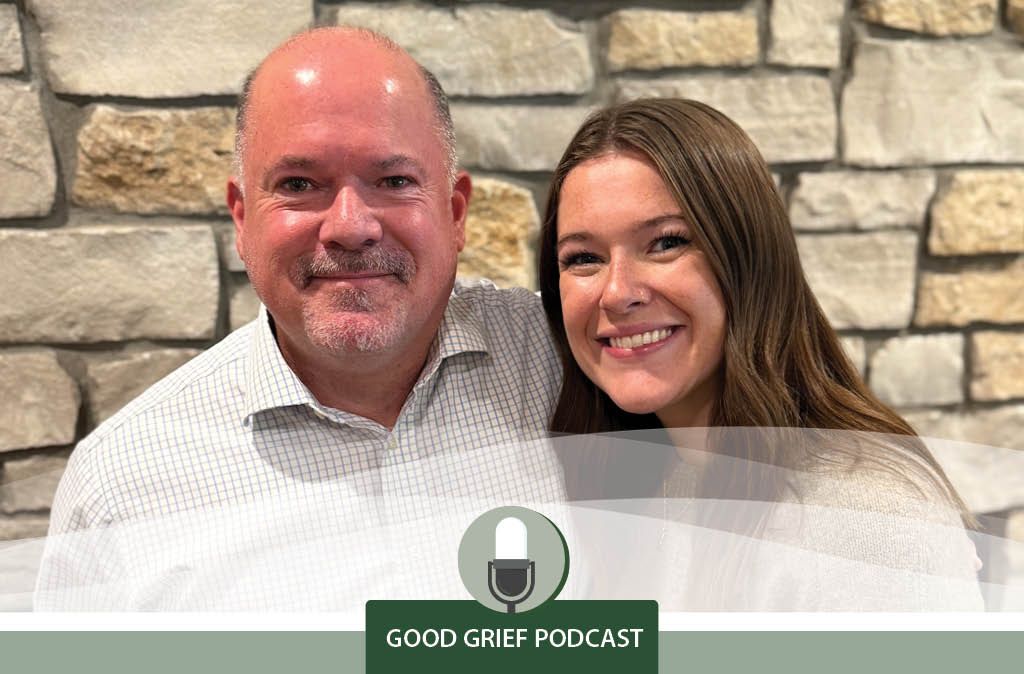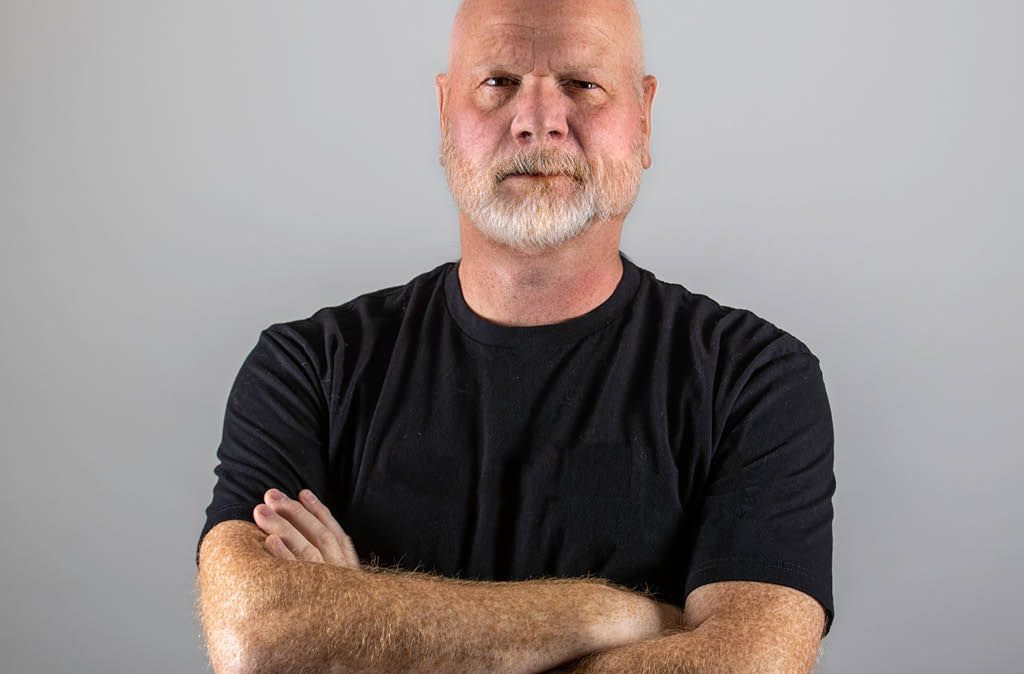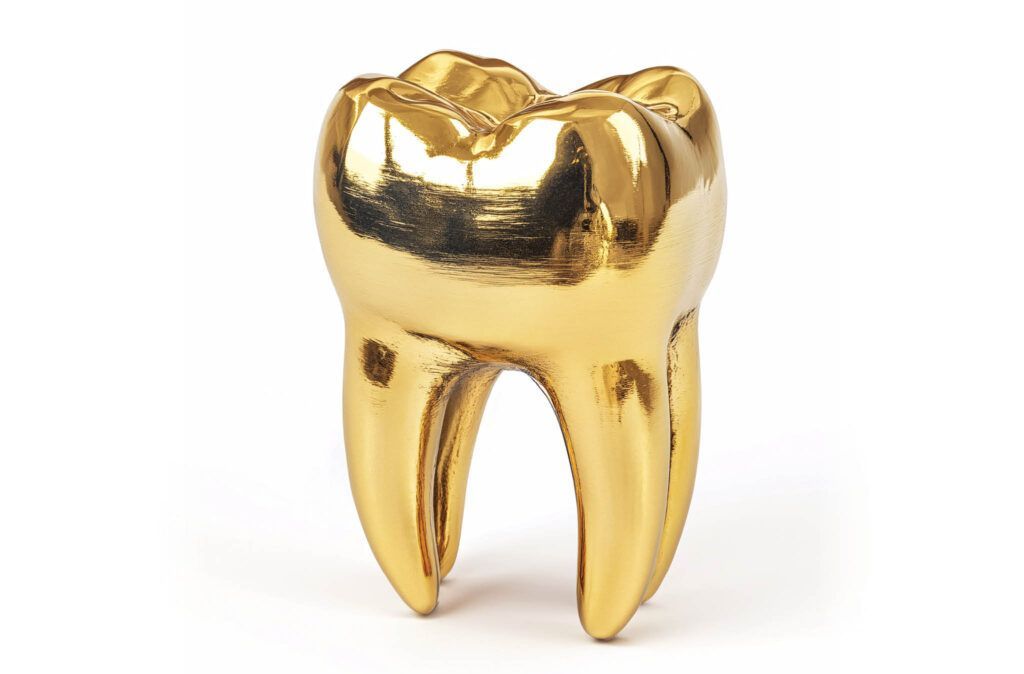What Are Bodies Capable of After They Die?
Do bodies move or make noise after they die? That’s probably the most popular question I’ve been asked throughout my career. So, let’s put aside the myths and give you the facts from my point of view.
First question: Do bodies sit up after they die?
The short answer is: absolutely not! If a body ever sat up on me at the funeral home, trust me, my funeral would be next! Bodies are physically incapable of sitting up. That’s just a horror movie trope.
But do bodies move?
Well, yes—if by “move,” you mean gravity doing its thing. By the time a body is in our care, there’s no real movement. However, immediately after death, some twitching or muscle clenching can occur as rigor mortis starts to set in. For the science buffs out there: rigor mortis is the stiffening of muscles due to the depletion of ATP (adenosine triphosphate) in cells. As ATP runs out, calcium binds to the muscles, lactic acid builds up, and proteins begin to gel—creating that stiffness. Rigor begins shortly after death and becomes fully set within 12 hours, lasting for another 12 hours before the body eventually becomes flaccid again. Medical examiners use this process to estimate time of death. So, if anyone tries to tell you bodies sit straight up after death, they’re just trying to get a ‘rise’ out of you!
Now, what about noises? Do bodies groan like zombies?
Sorry, horror movie fans—bodies don’t groan like the undead. But they can make noises! As cells break down, gases build up in the body, and sometimes, when we move a body, that trapped air escapes. When it passes through the vocal cords, it can produce a sigh or moan-like sound. No need to freak out though—this is just air leaving the body, not a prelude to the apocalypse! This effect is more common before embalming, and it tends to reduce once the body is properly cared for.
And yes, bodies can… well, “let go” sometimes.
When muscles relax after death, sphincters that control bodily functions release. That’s why sometimes bodies will purge fluids from the mouth or release their bladder or bowels. It’s a natural part of the process—one of those charming realities of the human body.
Coffin births? Yikes!
Okay, here’s a creepy one: in rare historical cases, gases produced during decomposition in pregnant women have caused something known as “coffin birth,” where a fetus is expelled posthumously. It’s a bizarre and rare phenomenon from the days before modern embalming. Thankfully, it’s not something we deal with today—but I can’t imagine the shock for those who did!
So, are dead bodies dangerous or something to fear?
Not at all! Dead human bodies are, in fact, harmless. Movies and myths have created scary stories that fuel horror films and Halloween scares, but the real danger lies in the emotional pain of losing a loved one—not in the body they leave behind.













